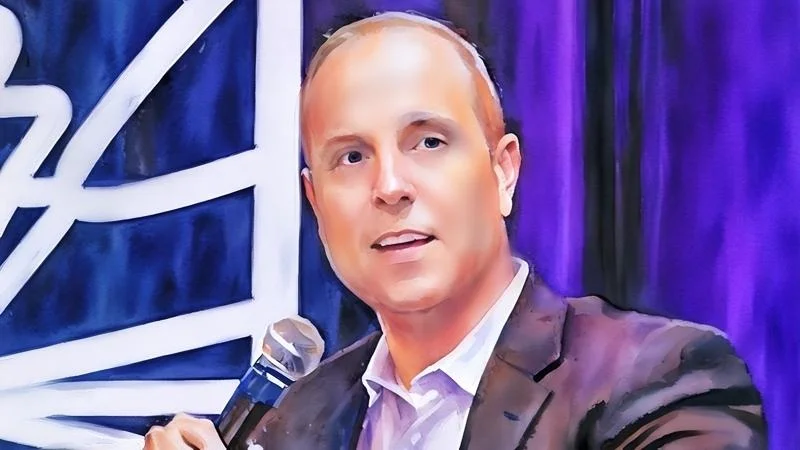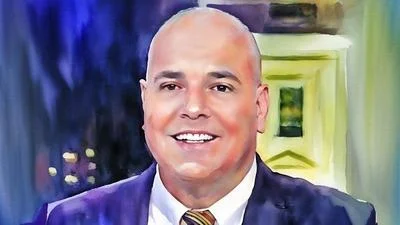Health care costs are climbing, and government regulations affect every aspect of the health industry market from prices to benefits. Texas economist Vance Ginn says that health care can be made more affordable by letting markets find the equilibrium.
Ginn is a former chief economist in the White House Office of Management and Budget. He describes economics as “the study of human action and interaction using scarce resources,” where “people act purposefully, and every decision involves trade-offs.” This applies to health care, which is one of those scarce resources, he says.
“In Texas, about 40% of doctors do not take new Medicaid patients,” he says. “You have coverage, yet you face long waits and end up in a hospital that doesn’t know your history.” One problem is that citizens are being led to believe that providing health care is a particular obligation of government. According to Ginn, this means “providers are forced to give it, and that invites rationing.”
Misaligned incentives, according to Ginn, drive up costs. “Up to 50% of the nearly $5 trillion we spend on health care doesn’t go to care,” he says. “It goes to bureaucracy and paperwork.” He says he favors a market shift, starting with moving tax incentives for employers who provide health insurance to workers so they own the coverage. He has other ideas, including “allow no-limit Health Savings Accounts,” and “block-grant Medicaid to states to restore flexibility and real accountability.”
He also wants to un-shackle health providers. “Let nurse practitioners work to the top of their training,” he says. “Break down licensing barriers that hold back access.”
In Ginn’s view, free-market approaches allow for the largest successes. “Capitalism brings billions out of poverty,” Ginn says, contrasting it with top-down control. “Prices are the best regulators–if people don’t want something, they don’t buy it and the business exits.”
By contrast, Ginn believes that government price controls on any industry undermine innovation. “Cut drug prices by 30 to 40% and you likely see a 10 to 20% drop in R&D,” he says. This has a down-market ripple effect. “Fewer new cures means fewer future generics and biosimilars,” he says.
While regulations are needed in every industry, they also are a hidden tax. “Regulations are costly—trillions of dollars in hidden costs that show up as higher prices, lower wages, and fewer jobs,” Ginn says.
Guidance documents and “regulatory dark matter” worry him as much as formal rules, he says. “You get control without accountability. Reduce the scope of government, restore clarity, and let Congress write laws that don’t hand agencies vague power.”
Pandemic policy sharpened his skepticism of cost-benefit models untethered to real-world trade-offs. “I oppose shutdowns,” he says. “People talked about millions of deaths if we did nothing, but ignored the economic devastation and human costs of closing everything.” He says transparent information is better, not paternalism. “The nanny state keeps expanding control,” he says, pointing to nutrition mandates and SNAP restrictions. “Healthy food often costs more. You buy less and get worse outcomes, or taxpayers pay more,” he says. “Agency matters. You don’t build independence by micromanaging choices.”
Ginn grew up in a low-income family in South Houston. He studied economics and became a first-generation college graduate and earned a Ph.D. He worked at the Texas Public Policy Foundation, then served as chief economist at the White House Office of Management and Budget from June 2019 to May 2020. He later founded Ginn Economic Consulting and now hosts the “Let People Prosper” podcast.
Debates over socialism versus markets, in his view, bring confusion about who decides. “Socialism sounds compassionate until you ask who sets prices and allocates goods,” he says. “Hayek’s knowledge problem still applies. Millions of people making voluntary exchanges know more than any central planner.”
He calls for a renewed focus on liberty and personal responsibility. “The Constitution exists to preserve liberty,” Ginn says. “Government failure, not market failure, sits at the root of many problems. Solve it with less government, not more.”









